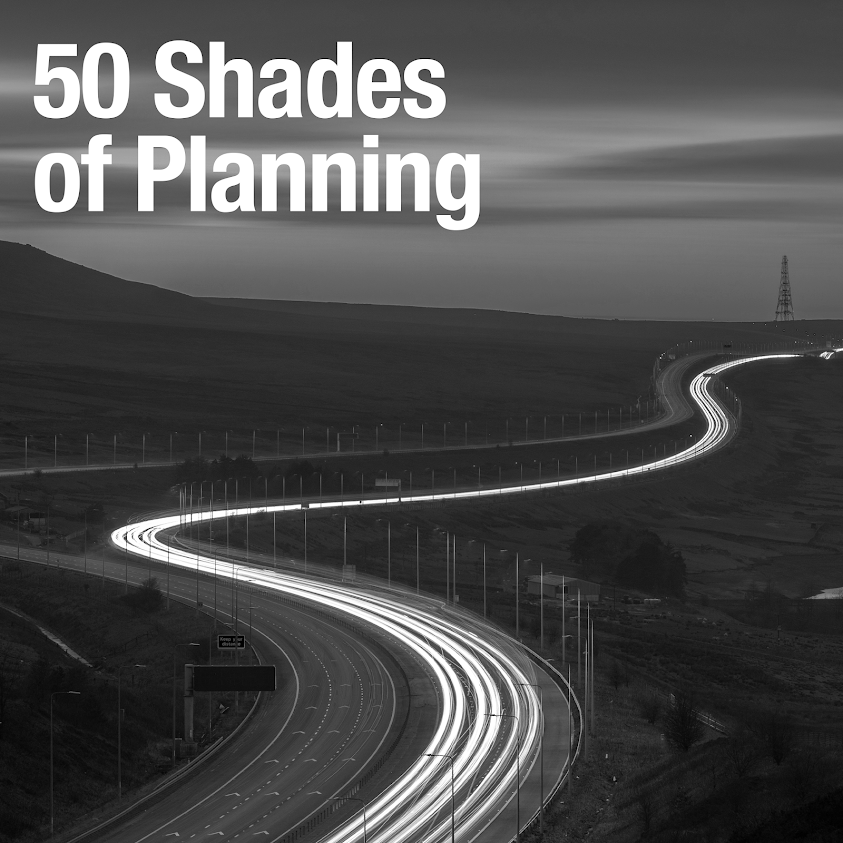"Are 'speculative developers' the new bankers?" I asked in this previous piece. Well there is mounting evidence that they might be because, fresh from an assault on wealth and 'irresponsible' business at the Labour party conference Ed Miliband used a party political broadcast to attack "the power of the big developers" on the basis that "they’re sitting on hundreds of thousands of places for homes with planning permission and not building because they’re waiting for it to accumulate in value."
The HBF, amongst others, (here) have highlighted the three independent studies in the last decade that have all concluded that house builders do not land bank. Why would they?
- If land has been purchased with a planning permission in place then the housebuilder will want to start selling homes as soon as possible;
- If planning permission is granted on land promoted by a housebuilder under option from a landowner then that typically triggers a requirement to purchase the land. Having purchased the land (and funded the cost of promotion) the housebuilder will want to start selling homes as soon as possible; or
- If planning permission is granted on land promoted by a promoter under a kind of 'planning promotion agreement' with a landowner then that typically triggers a requirement to sell the land. Having purchased it, for the same reasons as above, the housebuilder will want to start selling homes as soon as possible.
The greater issue, to my mind, is the amount of land that is actually available to build houses on. To get anywhere near building the amount of homes that the country needs the planning system needs to deliver more land, which, as this NLP Planning report highlights it simply is not doing. This is most telling:
"Of the 126 Local Plans (outside London) that have been submitted since the NPPF a third are currently ‘in the system’ having been submitted and either awaiting or undergoing examination. A third of those 43 Plans that have been submitted and are either awaiting or undergoing examination require further evidence of objectively assessed housing need. The need for further evidence, and subsequent modifications, has drawn out the examination process for 17 (40%) of the ongoing plans for over a year."
If, therefore, there is a land banking problem in this country it is not 'big developers sitting on hundreds of thousands of places for homes', but a planning system sitting on sites with draft allocations waiting to be adopted.
(Updated 7 April 2015)
(Updated 7 April 2015)

Comments
Post a Comment